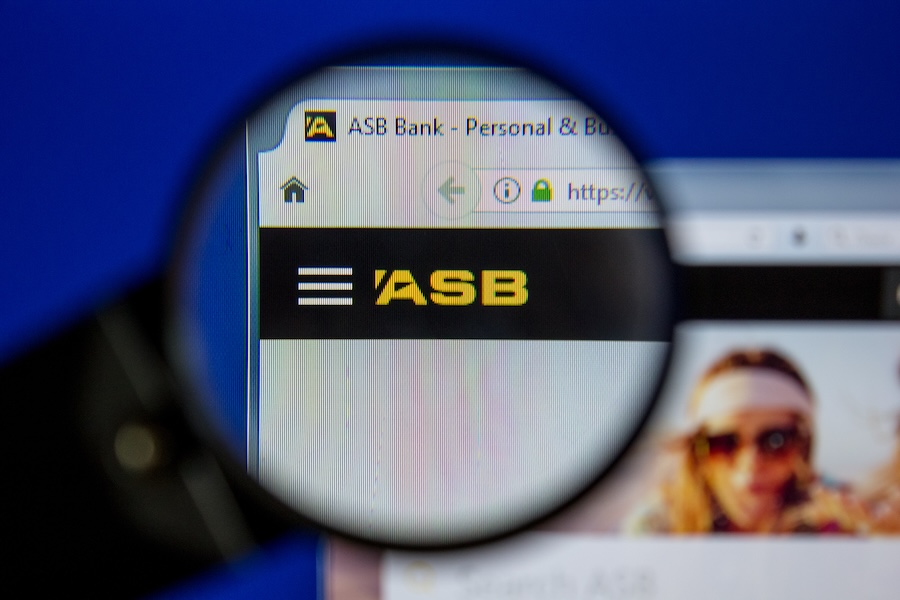Investor confidence tumbles amid global uncertainty
Investor confidence has fallen to its weakest level since the height of the COVID-19 pandemic, as global uncertainty and a sluggish local economy weigh on New Zealanders’ outlook for investment returns.
The latest ASB Investor Confidence Survey shows nett investor confidence – the difference between those expecting investment returns to improve versus worsen over the coming year – dropped from nine percent in Q1 to just one percent for the three months to June. That is the lowest reading since Q3 2020, though still well above the record low of -25 percent recorded in Q2 2020.
Confidence slipped across all regions in the first half of 2025. The lower North Island recorded the sharpest fall, plunging from nett 12 percent in Q1 to -6 percent this quarter – an 18 percent decline. Aucklanders were the most upbeat, with nett 10 percent expecting returns to improve in the coming year.
ASB senior economist Chris Tennent-Brown says the results reflect a combination of global and domestic pressures.
“It’s been a challenging six months, with markets affected by uncertainty around tariffs and global issues, alongside concerns at home, such as the housing market which hasn’t bounced back the way people expected it to,” he says.
“This has led to a more pessimistic tone in overall investor confidence, which seems to be suffering from the same weak sentiment we’re seeing in consumer confidence.”
Tennent-Brown notes the contrast between regions: “Sentiment is the weakest in the lower North Island, and in contrast, in Auckland the mood is more positive, even though the region faces some of the same challenges.”
Age also played a role in confidence levels. Investors under 39 were the most optimistic, while those over 60 were the least upbeat, a trend ASB attributes to differences in asset holdings and stages of the investment lifecycle.
Global concerns remain front of mind. Among those surveyed, 51 percent said they were very concerned about political instability or uncertainty affecting investments, 47 percent were worried about geopolitical conflict, and 43 percent cited international trade policies, including tariffs. Around half of those with concerns had made – or considered making – changes to their investments as a result.
Despite these worries, markets have shown resilience.
“These global issues were really impacting many investments around April in a negative way, but subsequently markets have improved a lot and are now knocking around record highs in the case of the US share market,” Tennent-Brown says.
“Understandably, global issues are still weighing on Kiwi investors’ minds and there is still a lot of uncertainty both here and abroad. However, it was pleasing to see confidence in managed investments lift over the quarter, although confidence in KiwiSaver did ease within the survey when investors were asked which investment they expect to provide the best return.”
He emphasises the importance of long-term thinking during volatile periods.
“Volatility in investment markets is always a challenge. The ups and downs of investment values can help investors understand their tolerance for taking risks, and ability to ride out negative periods in financial markets. The second quarter highlighted the importance of sticking with long-term strategies and savings goals, rather than chopping and changing to try and time markets.”
ASB has tracked investor confidence since 1997. The latest survey is based on 780 online interviews with adults aged 18 and over during Q2 2025, with a maximum margin of error of 3.5 percent at the 95 percent confidence level.
For more on SME-related funding and investment, read our September 2025 digital magazine, here.







